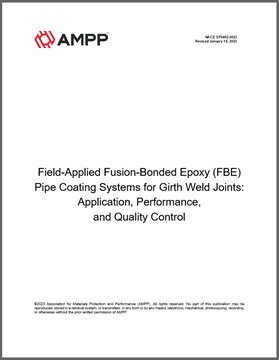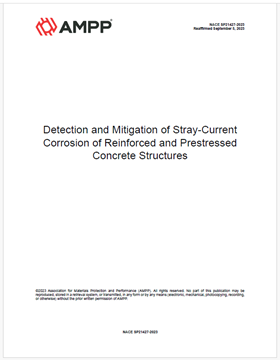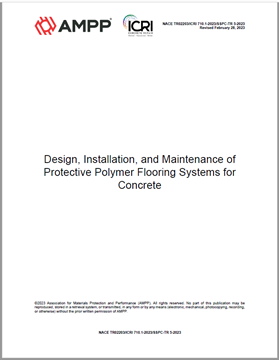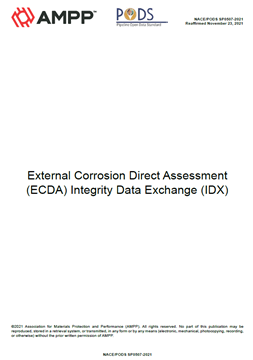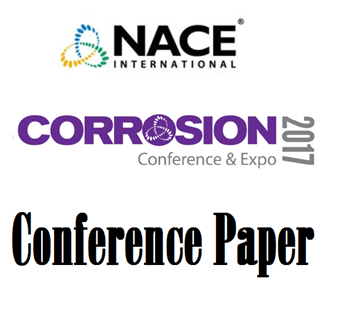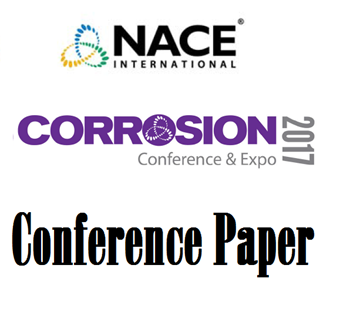Search
Water/Wastewater
View as
Sort by
Display
per page
NACE SP0402-2023, Field-Applied Fusion-Bonded Epoxy (FBE) Pipe Coating Systems for Girth Weld Joints: Application, Performance, and Quality Control
Product Number:
NACE SP0402-2023
Publication Date:
2023
$109.00
NACE SP21427-2023, Detection and Mitigation of Stray-Current Corrosion of Reinforced and Prestressed Concrete Structures
Product Number:
NACE SP21427-2023
Publication Date:
2023
$109.00
NACE TR02203-ICRI Technical Guideline 710.1-SSPC-TR 5-2023
Product Number:
NACE TR02203-ICRI Technical Guideline 710.1-SSPC-TR 5-2023
Publication Date:
2023
$109.00
NACE-PODS SP0507-2014, "External Corrosion Direct Assessment (ECDA) Integrity Data Exchange (IDX)"
Product Number:
21124-SG
ISBN:
1-57590-213-3
Publication Date:
2014
$179.00
NACE-PODS SP0507-2021, External Corrosion Direct Assessment (ECDA) Integrity Data Exchange (IDX)
Product Number:
NACE SP0507-2021
Publication Date:
2021
$109.00
The objective of this standard practice is the development of a new external corrosion direct assessment (ECDA) data interchange data structure that will enable electronic integration of data and standardize reporting of ECDA data asso- ciated with indirect inspection data within the pipeline industry, to allow transfer between different software packages or computer systems. This is expected to minimize difficulty in using various programs to analyze or graph data and allow for comparison of data gathered for a given pipeline segment at different times, regardless of the software system used to collect it.
Practical Application of Coating Systems in Wastewater Treatment Facilities
Product Number:
41206-232-SG
Publication Date:
2006
$20.00
Probabilistic Evaluation of Baffle-Former Bolt Cracking in PWRs
Product Number:
51317--8857-SG
ISBN:
8857 2017 CP
Publication Date:
2017
$20.00
Protective Coatings for the Wastewater Industry
Product Number:
41205-185-SG
Publication Date:
2005
$20.00
Remediation of Microbially Contaminated Horizontal Wells with Acrolein
Product Number:
51320-14992-SG
Publication Date:
2020
$20.00
Retrofit and Management of Water Pipelines with Cathodic Protection: Case Studies
Product Number:
51317--9089-SG
ISBN:
9089 2017 CP
Publication Date:
2017
$20.00
RP-01-69-1972 "Control of External Corrosion on Underground or Submerged Metallic Piping Systems"
Product Number:
21001-1972
Publication Date:
1972
$179.00

